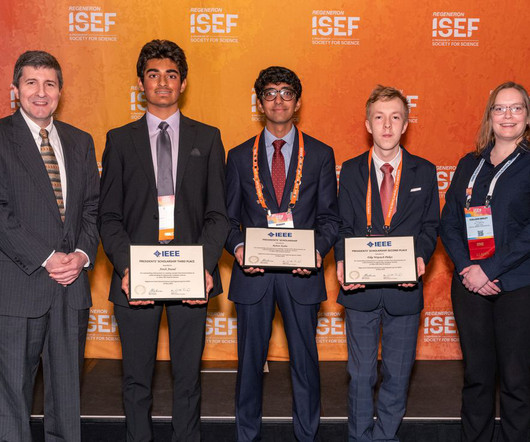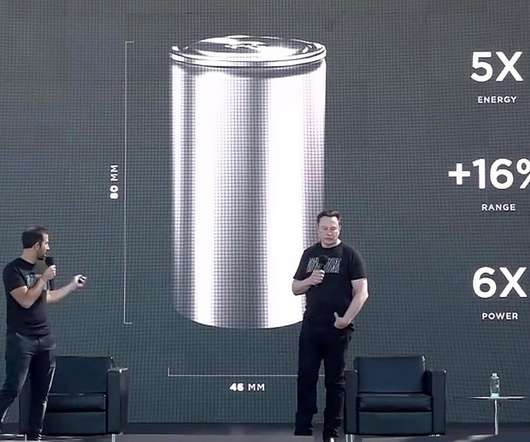New high-activity, low-cost nickel-based catalyst for fuel cells exhibits performance similar to Pt; hydroxide exchange membrane fuel cells
Green Car Congress
JANUARY 15, 2016
Researchers at the University of Delaware, with a colleague at the Beijing University of Chemical Technology, have developed a composite catalyst—nickel nanoparticles supported on nitrogen-doped carbon nanotubes—that exhibits hydrogen oxidation activity in alkaline electrolyte similar to platinum-group metals.






























Let's personalize your content